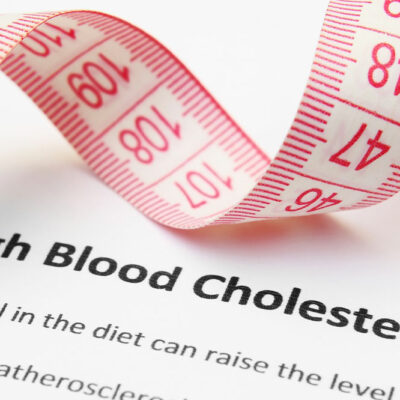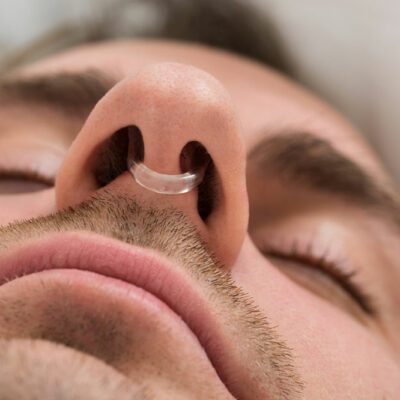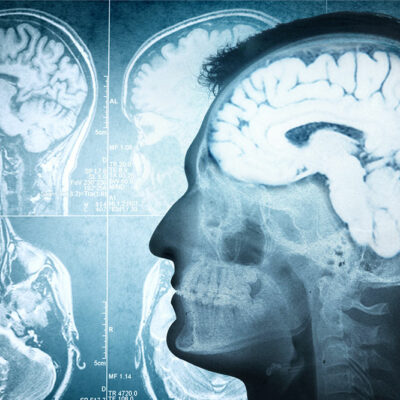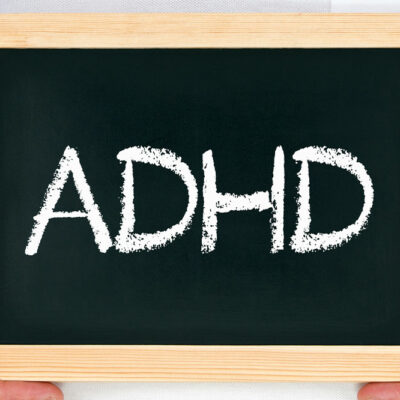
health
6 food sanitation mistakes with easy fixes
Cooking a delicious and nutritious meal for oneself, family members, or friends can be enjoyable. However, despite taking measures to ensure the cooked meal is safe for consumption, a simple cooking error can contaminate the food, causing food poisoning, paralysis, and other complications. These mistakes could be as minor as using the wrong spoon or touching a bacteria-filled surface. Therefore, one must be aware of these six food sanitation mistakes and how to fix them. Not cooking foods thoroughly Foods such as chicken, seafood, turkey, and eggs should not be consumed raw. Undercooking these food items can result in germs getting into the system and triggering health complications. Therefore, it is recommended to use a food thermometer to ensure the right temperature is reached before eating any meal. Poor hand sanitation Our hands may come in contact with various surfaces throughout the day that are usually infested with germs. These germs can be transmitted to our palms. Therefore, cooking meals without washing hands can infect the food and pose health risks. It is important to always wash your hands before eating or cooking, and even when changing a diaper. The best way to wash hands is to scrub them thoroughly with soap and water for at least 20 seconds.




















